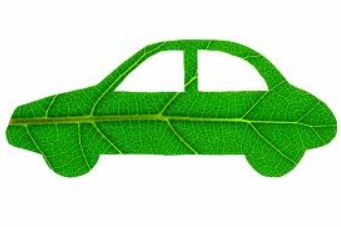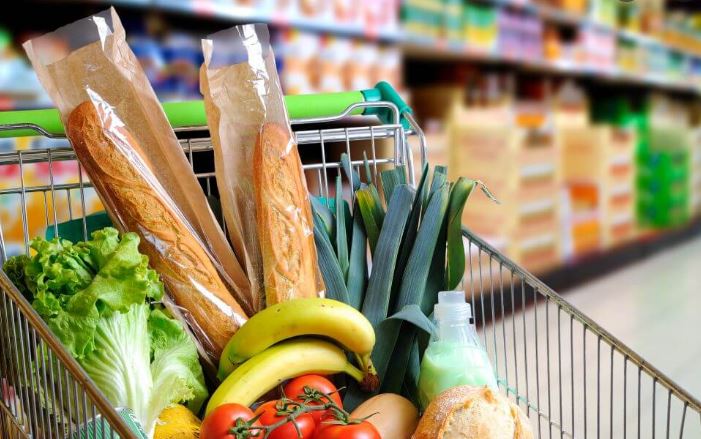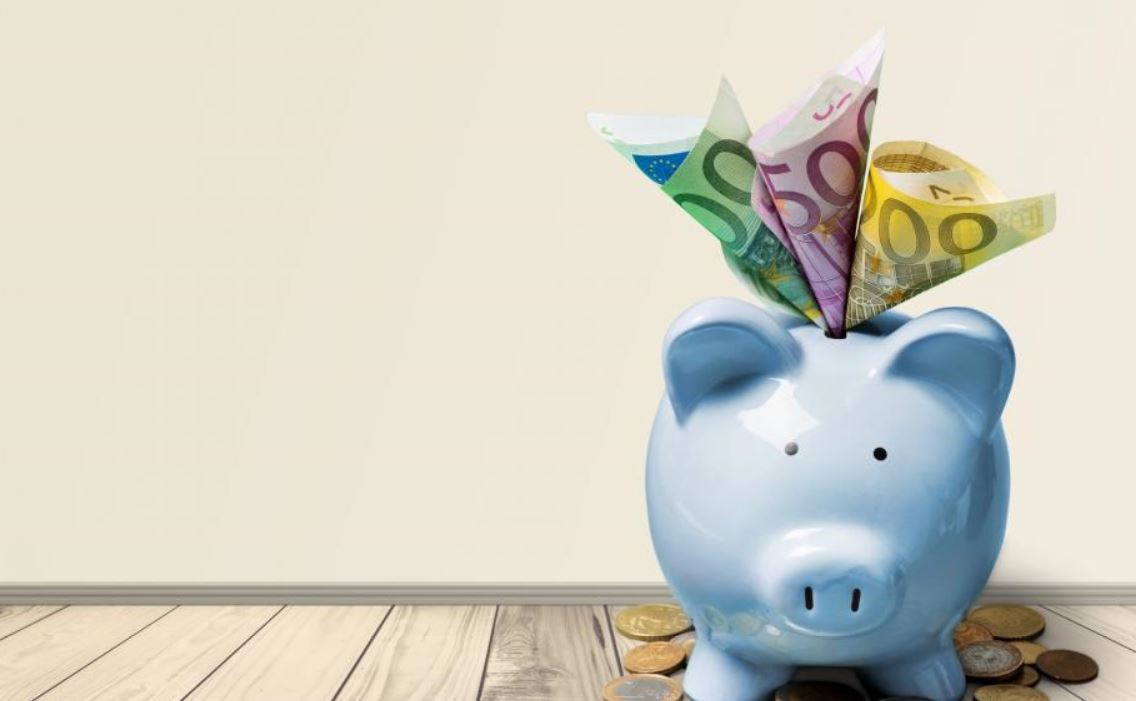5. Moving with public or ecologic transport

Every day we use car to move from one part of the city to another, whether it is to go to work, to accompany or take children back to school, go to the gym, go shopping or for many other reasons why we can’t or won’t go on foot.
We now know very well that our planet is in danger due to smog, plastic, global warming and much more, and using the car we are certainly not helping to make the situation better, and certainly we do not even improve the condition of our wallet.
One of the expenses that most affects the assets of a person and a family is that for car maintenance. The expenses related to the car insurance, the ownership tax, the maintenance and above all the fuel, mean that within a year you usually spend a lot money that could be saved for unpleasant situations or for your future retirement period.
Car maintenance costs reach an average of € 1500 per year. The expense with the higher impact on this sum is obviously the fuel, which covers a good 50%. These data are indicative because in any case there is a clear difference in costs between North and South Italy: fuel prices vary from region to region, for example Molise is the region where filling up the car costs more than other regions such as Lazio, Sicily and Marche.
Here we are describing just the average consumption that a person can sustain for the maintenance of his/her car.
The periodical maintenance and the ownership tax carry 11% of the cost, which on average is € 171 per year. Everyone can then calculate exactly what is the cost of his/her car or cars. Because in fact it often happens that in a household there is more than one car, sometimes reaching up to three cars per household. It is not a coincidence that Italy is the country that owns more cars, followed by the United States.
This is certainly a blow to our pockets and also to the surrounding environment, as well as to our health.
It is possible to live without a car, there are many other means of transport available. Who lives in big cities like Milan, Turin or Naples, can use the underground, for which the monthly pass costs on average € 70, for a total of € 840 per year. As regards a bus season tickets, it costs about € 40 per month, which would be € 480 at the end of the year.
Finally the most ecological solution, which is possible everywhere in our country, because fortunately we have a landscape suited to the situation together with fairly mild climate, it is the bicycle, especially when spring comes, when the days are warm and there is no more the risk of getting a sore throat. An average city bike costs € 390.
Certainly everyone has his own needs and it is not always possible to permanently avoid the use of the car, but doing so the wallet would certainly have benefits.
If you use car only for small journeys, then the motivation to avoid it should increase, also because many things could be done on foot, and returning to the first advice, there would be no reason to sign up to the gym, you could go shopping , take the children back to school, go out with friends, using only your own legs. Consider that there are people who have to do it because they can’t afford a car.
Looking at the environment, the air we breathe would improve a lot if each of us decided to eliminate at least one car per household. In Italy there are many cities that exceed smog levels continuously and this causes an exponential increase in diseases and allergies. Fortunately, we have not yet reached the levels of Thailand, but we should start to take some common sense about environment, it is still not too late to improve the situation.
A new recent entry on our roads is the Car Sharing service, or an alternative way to move around the city without spending a lot, sharing the same mean of transport. This new method of moving is useful if you have to do many kilometres and there is not the possibility of using other alternative means. If we all get used to car sharing, carbon dioxide emissions would halve. So even if the car is really necessary it is possible to share it, saving money and giving more oxygen to our lungs. One of the ways to use the Car Sharing service is BlaBlaCar.it, the site par excellence. But this new way of travelling can also be put into practice with colleagues or friends. For example, why not share petrol with one of our work colleagues?
By eliminating car and using public transport, bicycle or a Car Sharing service, you would save enough money for a good future project, for an investment that would lead to other revenues or a fund to be used tomorrow. And remember, we could help improve the environment.
THIS ADVICE WILL ALLOW YOU TO SAVE FROM € 660 TO € 1500 A YEAR
6. Save your money on food shopping

Grocery shopping, one of the most typical everyday situations for a person and perhaps one of those that we find easier to do. You go to the supermarket, take a cart and buy what you need. But it’s not really that simple. Shopping sometimes also involves choices, especially today when the general economic situation is not the best and there is a tendency not to buy quality food or items thinking of saving money.
There are different ways to save money when shopping at the supermarket but often our hectic life makes us impatient and we tend to put our products in the cart without noticing what we really need. Simply, to save money you should pay attention to certain small things and change some habits.
To begin we should draw up a list of what we really need and on the base of what we eat. That is a list that allows you to buy what will be used to support our body without exaggerating in quantity.
The list helps us to follow a path, to keep ourselves firm from the temptation to go for a stroll through the supermarket, filling the cart with futile things, forgetting maybe what we really need.
Secondly, but not least, it is advisable to eat something before going shopping, as having an empty stomach would make us vulnerable to buying anything we see that teases our appetite. Spending on a full stomach is good for your health and your wallet. Having an empty stomach we will try to rob the supermarket for all the products we want at the moment and this can make us happy for a limited amount of time but it will affect our pockets extensively. Each envelope from the fruit and vegetable sector costs on average € 0.02 and an envelope at the cash desk, to put all our expenses, costs on average € 0.05. In addition to our wallet, also the environment is affected. Why buy plastic bags, even if biodegradable, if we can use the same shopping bag every time? Cloth bags are cheap and allow us to save a lot on envelopes helping the environment. Returning to the minimalist lifestyle, buying plastic bags is really a waste for us and the environment.
Choosing the place to do our shopping is important because, if it is true that we are what we eat, we should choose the products we buy very carefully, for example buying them in a good supermarket or market that sells fresh and seasonal fruit and vegetables. Fruit and vegetables should be bought at the market, by farmers, so as to be sure of the quality of the products. The supermarket tends to have industrial products often full of chemicals
The discount store itself is not a bad idea to consider, it does not mean that if a supermarket sells at a lower price than another, its products are all poor. Many of the cheap discount products are excellent and sometimes even better than branded ones.
Speaking of prices, we have to keep an eye on the promotions we often find in supermarkets. Nowadays, every supermarket offers different offers, but be careful which ones are really convenient and which ones are not. Consider that promotions often serve to make the trolleys fill so it is good to pay attention. We must pay attention not only to the price, but also to the quantity of the product.
Furthermore, the best thing to do is to produce homemade goods such as bread, pasta and other delicacies that can contribute to our needs. It could also be a nice pastime or a way to challenge yourself in new activities. In order not to waste money we can use technology, for example downloading Apps such as My Flyer, which allows you to browse the supermarket flyers with available offers; or WhereisBetter that indicates the nearest shops with the best prices.
One last thing to do is to better organize our pantry. Apart from fresh products there are products such as canned vegetables, biscuits or pasta that have a long shelf life. By organizing the dispensation in the best way we would have a better perception of what our needs are. Even for milk we could opt for long-term packaging, perhaps making it a stock to save money and not buy it for a while.
An Italian family spends on food, according to Istat data, on average € 457. But really how many of the things we buy actually serve? The essential products are: pasta (€ 2), rice (€ 2), milk (€ 1 per liter), eggs (€ 1), fresh fish (€ 15), fresh meat (€ 5 per pack), vegetables (€ 5 on average per kg), fruit (€ 3 on average per kg), cheese (€ 5), olive oil (€ 5) and spices (€ 1). Considering buying only these primary goods weekly, with the average prices listed, we would spend € 45, for a total of € 180 monthly.
THIS ADVICE WILL
ALLOW YOU TO SAVE ABOUT € 277 PER MONTH.




